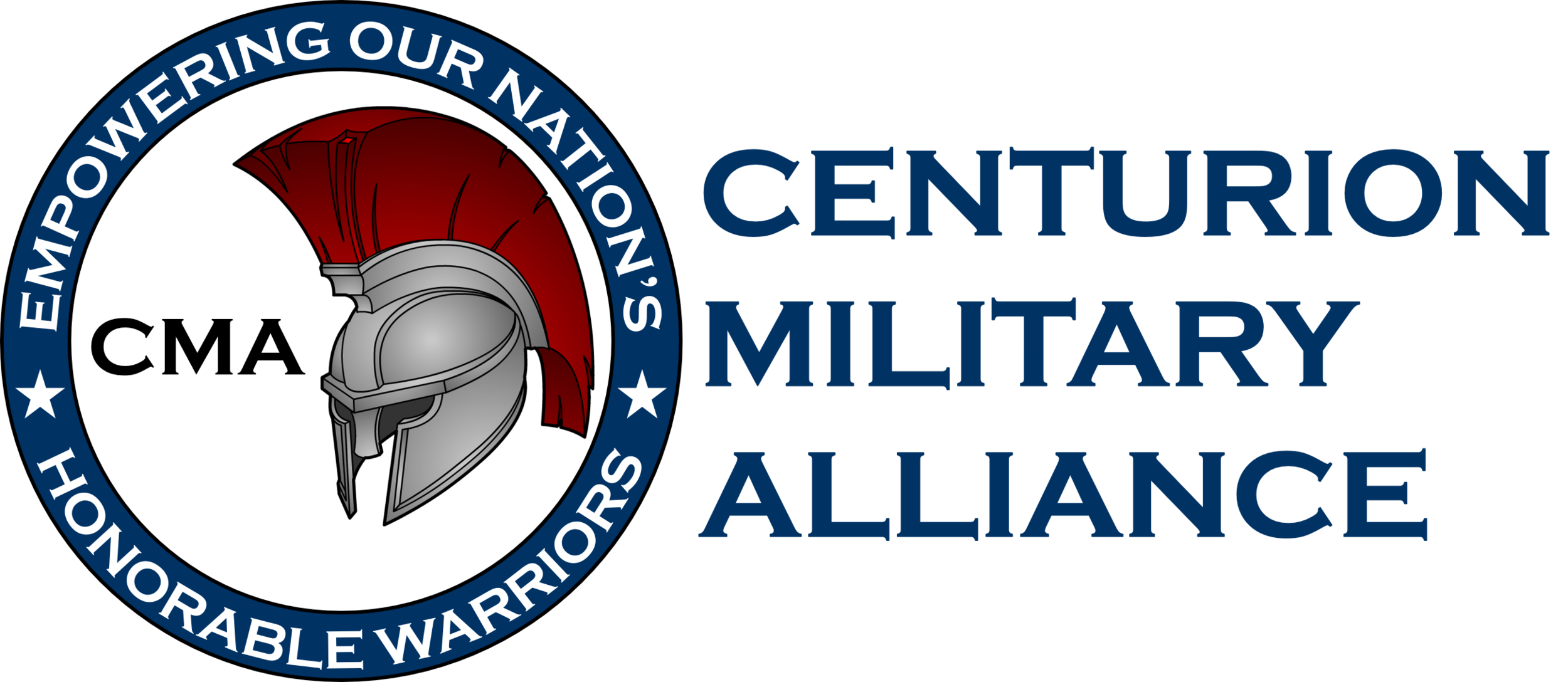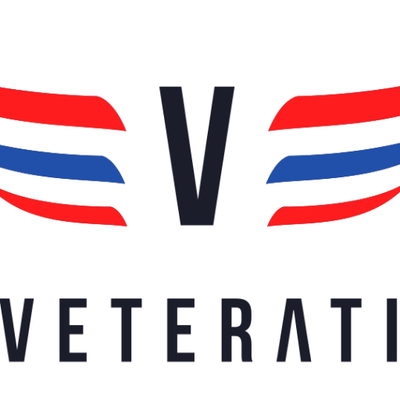Positionality
Understanding Your Positionality
Positionality refers to the recognition and critical examination of one’s social and cultural context as related to Educational Attainment, Financial Literacy, and Vocational Proficiency identity markers and how such markers intersect to shape one’s perspectives and relationships to societal norms. It is a framework for understanding how one's position both aligns with and diverges from dominant societal norms and established structures. By articulating positionality, individuals acknowledge the privileges, limitations, and biases that influence their worldview and interactions.
Educational Attainment
Determining one’s level of education is a critical component of understanding positionality, as education often functions as both a gateway to opportunity and a marker of social standing within societal hierarchies. Educational attainment can influence how individuals perceive themselves and are perceived by others, shaping their access to resources, decision-making spaces, and systems of power. Recognizing the role of education within one's positionality allows for a deeper understanding of potential barriers that may impede a transitioning service member’s positive acculturation into the civilian sector.
financial literacy
Determining one’s level of financial literacy is a vital aspect of understanding positionality, as financial knowledge and access significantly shape an individual’s ability to navigate economic systems, make informed decisions, and achieve long-term stability. Financial literacy influences how individuals engage with wealth-building opportunities, manage debt, and respond to financial crises—factors that directly affect their social mobility, perceived autonomy, and the service member’s positive acculturation into the civilian sector.
Vocational Proficiency
Determining one’s level of vocational proficiency is essential to understanding positionality, as practical skills and workforce readiness often dictate access to employment, economic security, and social recognition. Vocational proficiency reflects an individual’s ability to apply specialized knowledge in real-world settings, and enables individuals to better understand placement within labor markets, perceived value in various industries, and the broader implications impacting the service member’s positive acculturation into the civilian sector.









